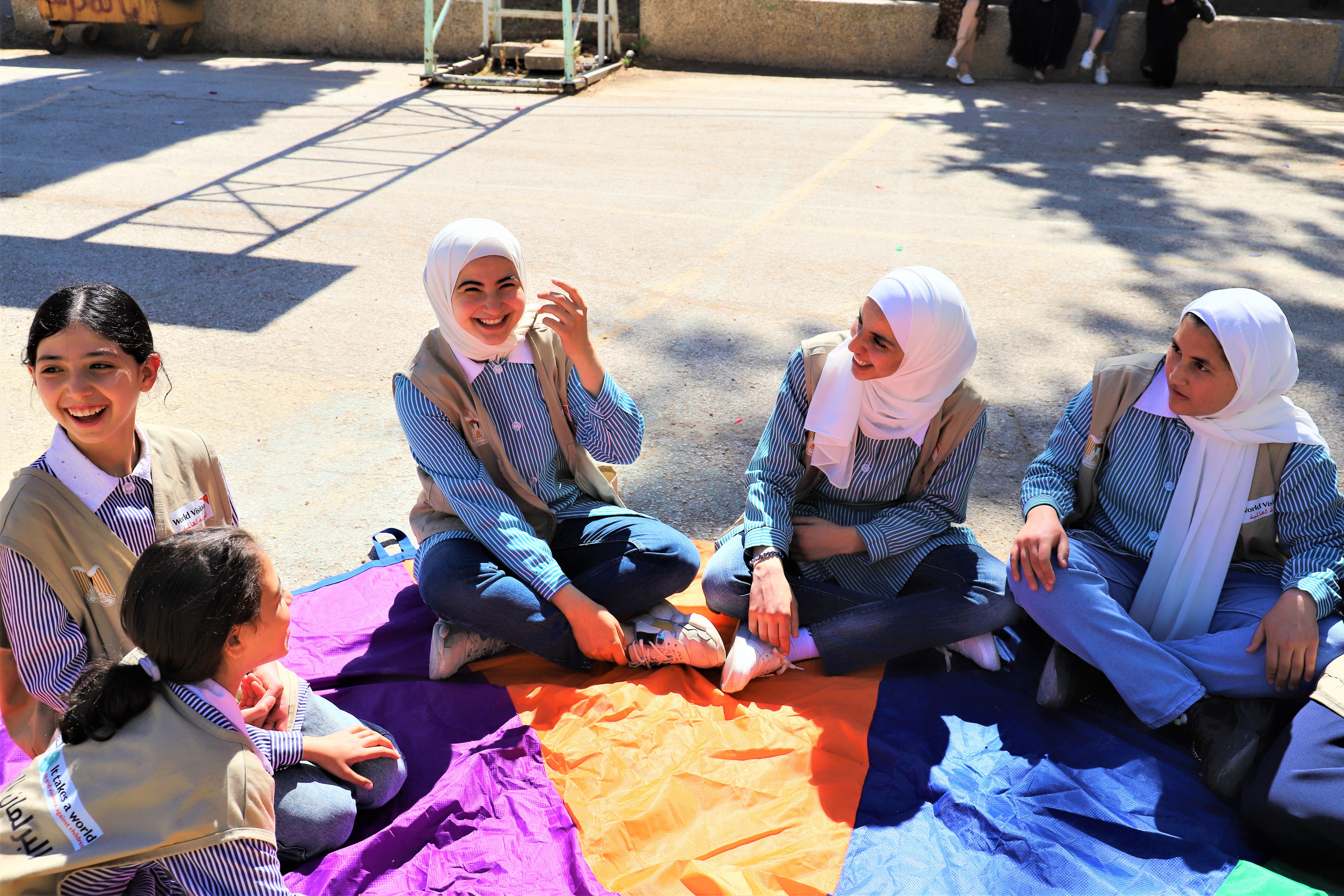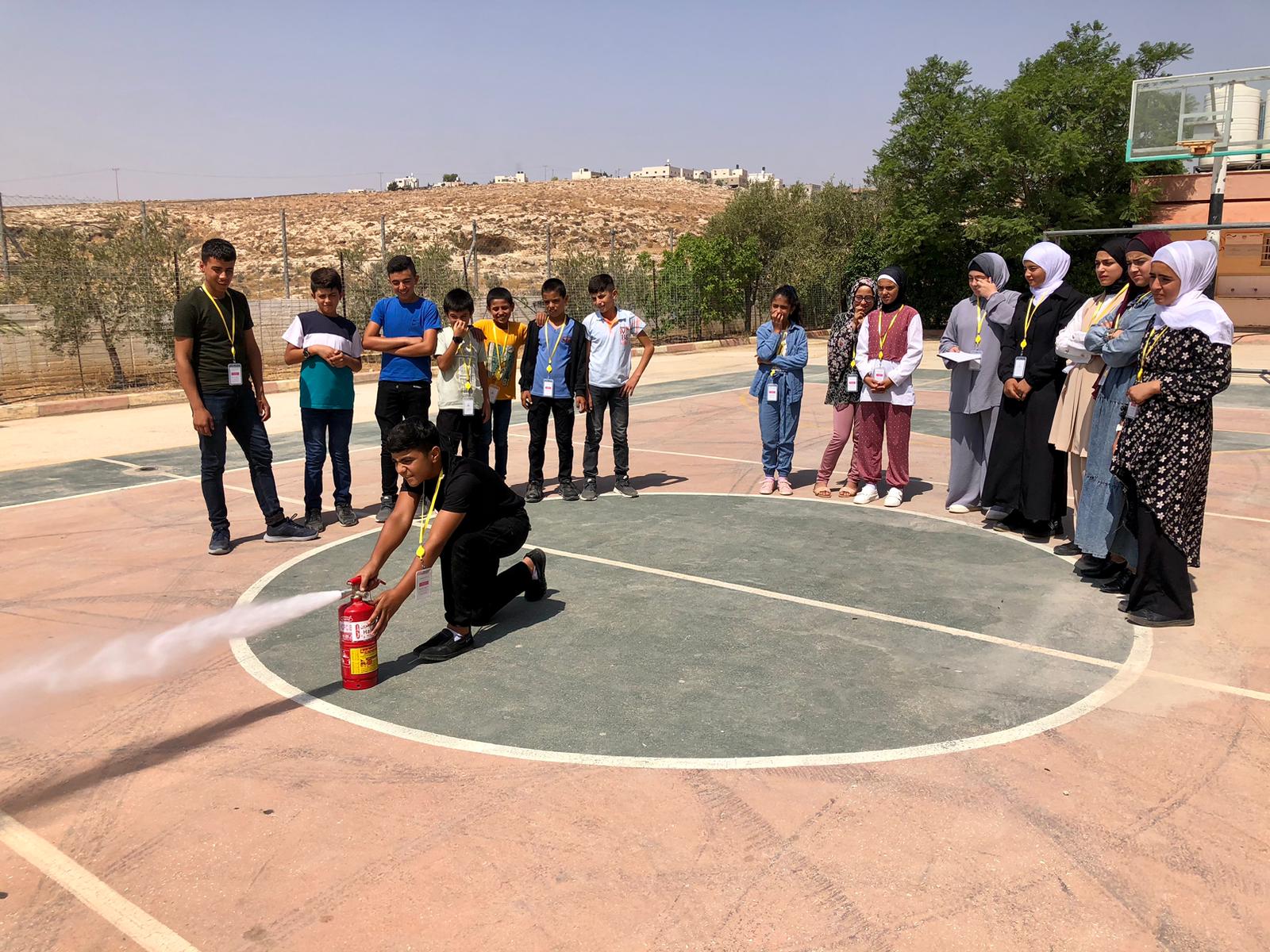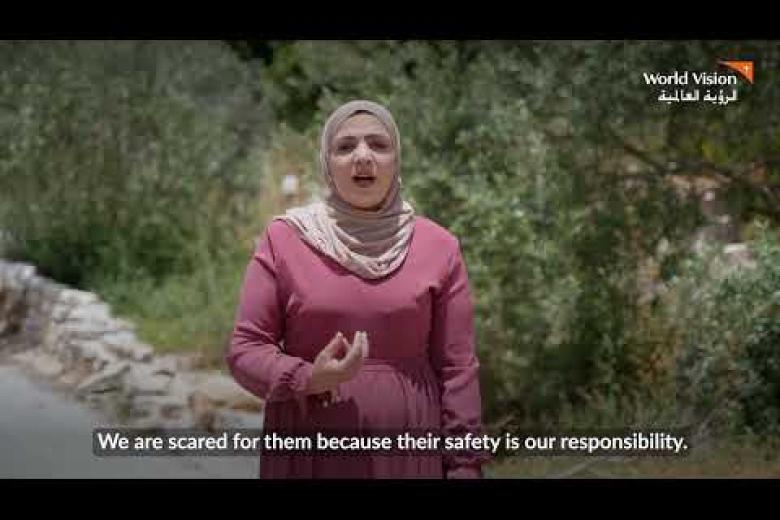An Unprecedented Education Crisis in the West Bank
For millions of children across the world, the day before going back to school is a day of excitement mixed with innocent worries. Which outfit should I wear? Is my new teacher going to be nice? In the West Bank though, the dramatic escalation of violence is leaving many children with much heavier concerns as they prepare to go back to school this week. Which road is safer to take to get to school? Will my teacher be able to get there? Is my school going to be forced to close? This is the sombre reality for many of the 806,000 students in the West Bank.
Over the last 11 months, the children of the West Bank have had to deal with escalating violence, omnipresent restrictions of movement, and a deepening economic crisis that have penetrated all aspects of their lives. Schools have not been spared and most were only open twice a week, at best, last semester (January–June 2024). With August’s intensification of violence across the West Bank, there is a genuine risk that Palestinian children’s educations will be seriously disrupted again, adding to the ongoing crisis they are experiencing.
Children’s path to education has become fraught with danger since the crisis began last October. Amjad, age 13, is concerned that his learning will be disrupted. The conflict has turned what was once a safe space into one that instils fear, with frequent closures and attacks disrupting his studies. Amjad’s school is one of many in the West Bank where violence and disruption have become the norm.
In a small village nestled in the hills of central West Bank, Tamara, a school teacher, worries about her students as she prepares for classes to resume. The echoes of their questions posed throughout all last semester haunt her, “Miss, do you think there will be an attack today while we are in class? If there is an attack, how are we going to get home? We are scared.” She tries to soothe them, but she and her fellow teachers fear for their safety as well.
The right to education, a promise enshrined in Article 28 of the UN Convention on the Rights of the Child, seems like a distant dream to many Palestinian children. A survey by World Vision in August 2024 revealed that over 60% of schools had been intermittently or completely closed due to violence. The numbers were staggering: 69 attacks or raids on schools during class hours, and 2,354 violent incidents affecting teachers and students. Nearly half of all Palestinian children reported feeling frightened at school, with many experiencing this fear daily.
"Children should not be forced to learn in fear," says Kristen Phelps, National Director of World Vision Jerusalem–West Bank–Gaza (JWG). "Schools must be sanctuaries for growth and learning, not places where children constantly worry about their safety. It is our collective responsibility to uphold their right to education and shield them from harm. All children deserve a life free from the constant shadow of violence, with the opportunity to learn, grow, and dream of a better future.”

The economic collapse throughout the West Bank has only worsened the situation for many families, already struggling survive –7% of households said they have been forced to send their children to work, robbing them of their childhood and education. Once busy roads are vacant as traffic has decreased by 85% due to violence and blockades, making it even harder for children like Amjad to reach school.
Despite the challenges, World Vision continues to deliver critical humanitarian assistance. Over the past 11 months, we have supported more than 150 villages in the West Bank, distributing emergency preparedness materials, implementing mental health and psychosocial support interventions, and constructing safe spaces for children. With the support of the European Union and the German Federal Ministry for Economic Cooperation and Development (BMZ), World Vision JWG also helped over 120 schools improve their preparedness for emergencies, with items like fire extinguishers, first aid kits, and stretchers.

Children like Amjad, still eager to learn, also participate in emergency drills, learning what to do in case of an attack. These efforts provide a glimmer of hope in an otherwise bleak situation for students still determined to pursue their dreams, despite the odds. They know that education is the key to a brighter future, and are not ready to give up.
